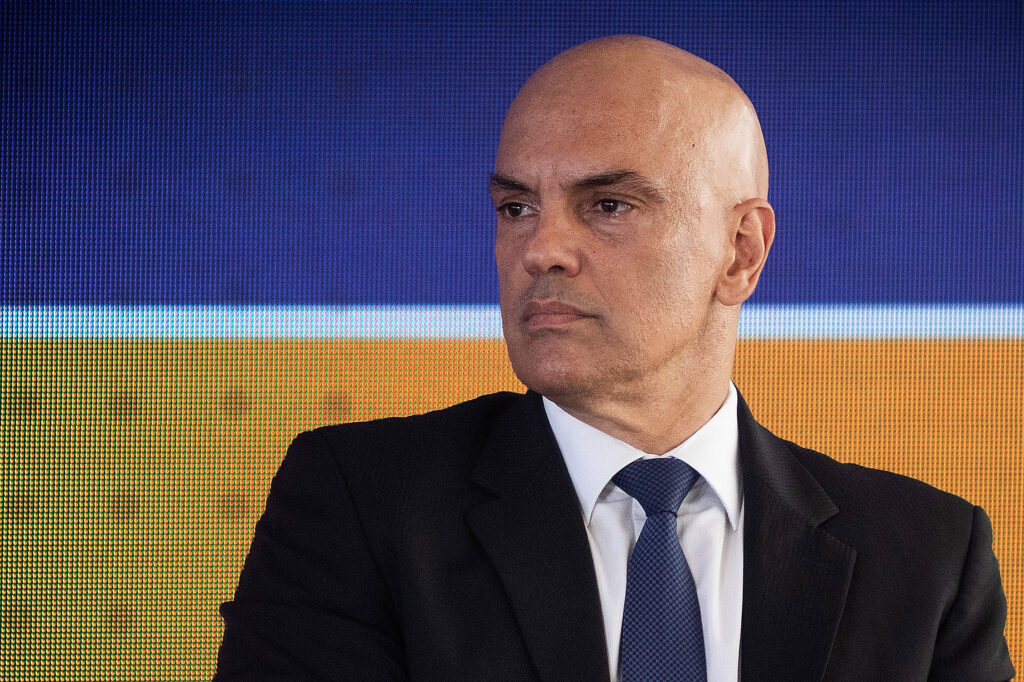Cost scrutiny collides with strategic need in Venezuela
A new State Department inspector general report says the United States is spending roughly 6.7 million dollars a year to maintain a closed embassy compound and related properties in Caracas, with an overall Caracas support budget of about 10.5 million dollars. Despite the 2019 break in relations with Nicolás Maduro, the mission still relies on about 150 locally employed Venezuelans and a remote Venezuela Affairs Unit now staffed by 21 U.S. officials in Colombia. The watchdog faults the department for failing to conduct a required cost-benefit analysis and flags issues ranging from unauthorized renovations at the 27-acre compound to gaps in fleet and software governance tied to staff in Venezuela.
Minimal footprint or mission creep
Washington maintains a protecting-power arrangement with Switzerland to safeguard U.S. diplomatic property and has kept a local workforce in place to support residual functions, outreach, and contingency planning. The report notes the remote mission expanded from 10 to 21 U.S. staff without a documented review, even as the embassy itself remains shuttered and five U.S.-owned residences sit largely idle. The work is sensitive and risky under Maduro's security apparatus, which has targeted dissidents and detained Americans, yet the absence of rigorous cost controls and property optimization undercuts the premise of a lean, disciplined posture.
National interest, Western alliances, and stability
There is a valid strategic case for a baseline presence. The United States must be ready to reengage quickly if conditions change, support allied coordination with Colombia and Switzerland, and sustain pressure on a hostile regime tied to repression and criminal networks. A light footprint can preserve access, deter opportunism by U.S. adversaries, and protect American citizens. But preparedness cannot become a blank check. Fiscal discipline is part of credibility, and lax oversight hands propaganda wins to Caracas while wasting resources better applied to humanitarian aid, counternarcotics, and democratic civil society.
Accountability steps that strengthen the mission
The State Department should complete an immediate cost-benefit review, right-size the local payroll, and consolidate underused properties. It should set clear metrics for outreach, security, and contingency readiness, and formalize decision points that trigger further drawdown or reactivation. If a minimal on-the-ground capability remains essential, safeguard local staff and tighten compliance on vehicles, renovations, and cloud tools. If not, deepen reliance on the protecting power to mothball facilities while preserving a rapid reentry plan.
The path forward
America's Venezuela policy should blend prudence with preparedness. Maintain alliance cohesion, defend democratic norms, and keep options ready, but respect the taxpayer. Proper oversight is not retreat, it is strategy done right.





